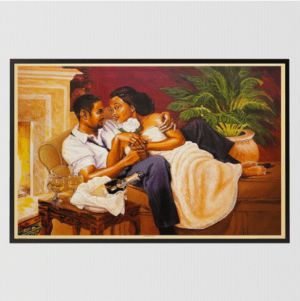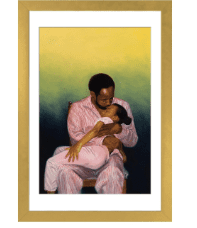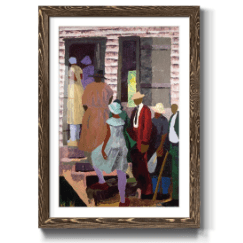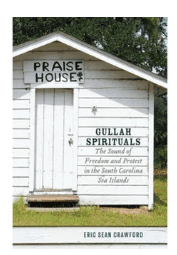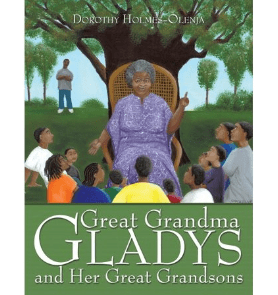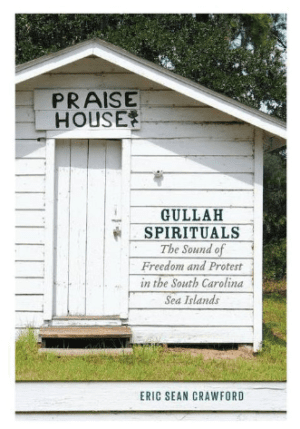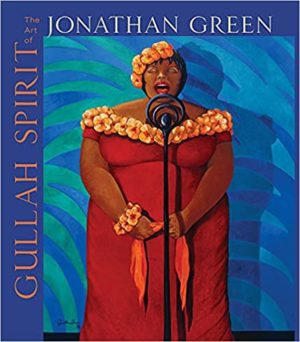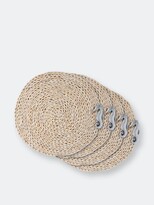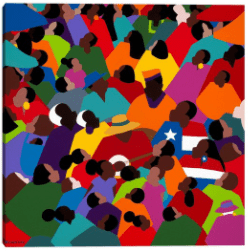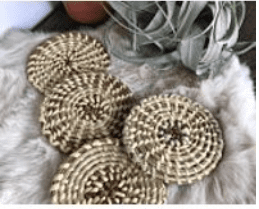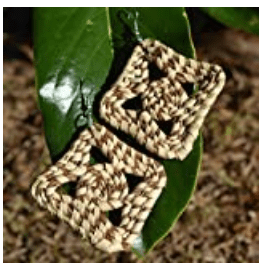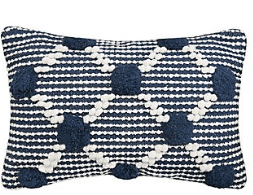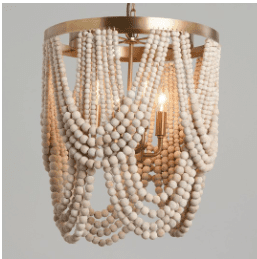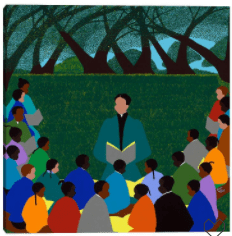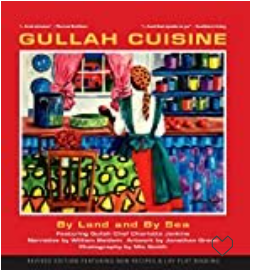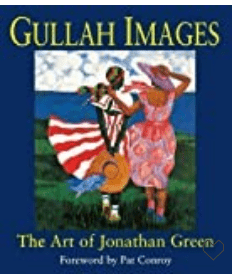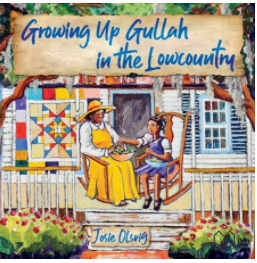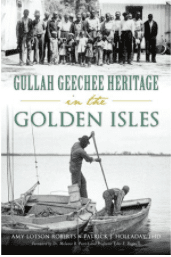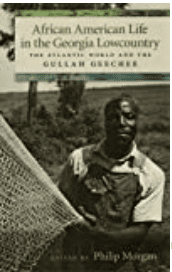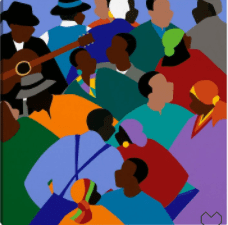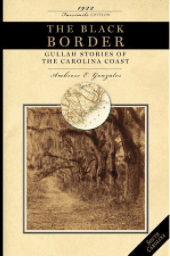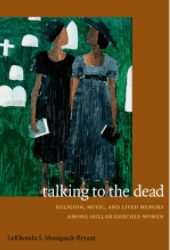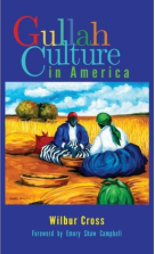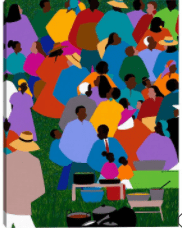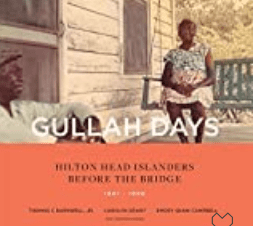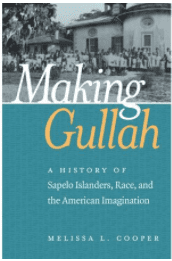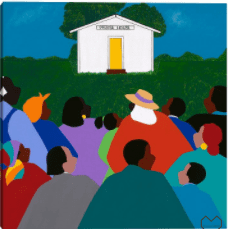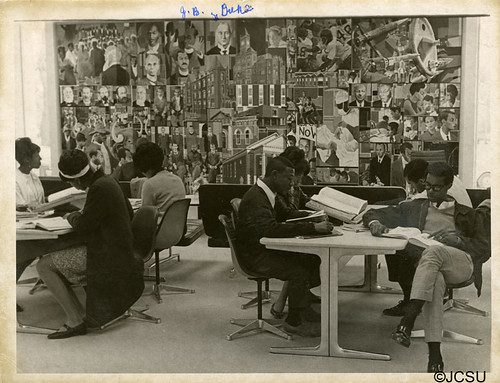
With homecoming season right around the corner, I was inspired to learn more about HBCU History. To do that, I figured I would add a few books to my collection. If you love history or HBCUs here are HBCU History Books to Add to Your Library Room or coffee table. Share images of your favorite books using the hashtag #blacksouthernbelle today!

Show Your HBCU Pride: HBCU History Books To Add To Your Library Room
During the progressive education movement, laboratory high schools evolved from model schools that were part of the core teacher training curriculum at historically Black colleges and universities (HBCUs). These laboratory schools were at the vanguard of the accreditation battle, participated in national curriculum studies, and boasted high graduation and college entrance rates. Led by well-educated, reform-minded African Americans who molded their own approaches to teaching and curriculum and were grounded in sound progressive educational theory, these HBCU lab high schools represented privileged educational experiences. Yet, this collective effort of high-achieving Black lab schools has been overlooked by historians. Through an examination of Alabama State Teachers College Laboratory High School (1920–1960), Laboratory of Learning illuminates the strategies, challenges, and successes of providing secondary education to Southern Black citizens during the Jim Crow era and provides evidence that HBCU laboratory schools and Lab High should be added to our histories as an example of distinctive, progressive schooling.
Blood, Sweat, and Tears: Jake Gaither, Florida A&M, and the History of Black College Football
Black college football began during the nadir of African American life after the Civil War. The first game occurred in 1892, a little less than four years before the Supreme Court ruled segregation legal in Plessy v. Ferguson. In spite of Jim Crow segregation, Black colleges produced some of the best football programs in the country. They mentored young men who became teachers, preachers, lawyers, and doctors–not to mention many other professions–and transformed Black communities. But when higher education was integrated, the programs faced existential challenges as predominately white institutions steadily set about recruiting their student athletes and hiring their coaches. Blood, Sweat, and Tears explores the legacy of Black college football, with Florida A&M’s Jake Gaither as its central character, one of the most successful coaches in its history. A paradoxical figure, Gaither led one of the most respected Black college football programs, yet many questioned his loyalties during the height of the civil rights movement.
Among the first broad-based histories of Black college athletics, Derrick E. White’s sweeping story complicates the heroic narrative of integration and grapples with the complexities and contradictions of one of the most important sources of Black pride in the twentieth century.
“In Texas, football is king,” Rob Fink writes, “so it provides a prominent window on Texas culture.” In Football at Historically Black Colleges and Universities in Texas, Fink opens this window to afford readers an engaging view of not only the sport and its impact on African Americans in Texas, but also a better and more nuanced perception of the African American community, its aspirations, and its self-understandings from Reconstruction to the present. This book focuses on crucial themes of civil rights, personal and group identity, racial pride, and socio-cultural empowerment.
Although others have examined specific institutions, time periods, and rivalries in black college football, this book is the first to feature a broad narrative encompassing an entire state. This wide field of play affords the opportunity to explore the motivations and contexts for establishing football teams at historically black colleges and universities; the institutional and community purposes served by athletic programs; and how these efforts changed over time in response to changes in sport, higher education, and society.
Where Everybody Looks Like Me: At the Crossroads of America’s Black Colleges and Culture
A richly reported account of the forces threatening America’s historic black colleges and universities—and how diverse leaders nationwide are struggling to keep these institutions and black culture alive for future generations.
American education is under siege, and few parts of the system are more threatened than black colleges and universities. Once hailed as national treasures, historically black colleges and universities (HBCUs) such as Spelman College, Morehouse College, and Howard University—the backbone of the nation’s black middle class which have produced legends including Dr. Martin Luther King, Jr., Thurgood Marshall, and Oprah Winfrey—are in a fight for survival. The threats are numerous: Republican state legislators are determined to merge, consolidate, or shut down historically black colleges and universities; Ivy League institutions are poaching the best black high school students; President Obama’s push for heightened performance standards, and cuts in loan funding from the U.S. Department of Education.
